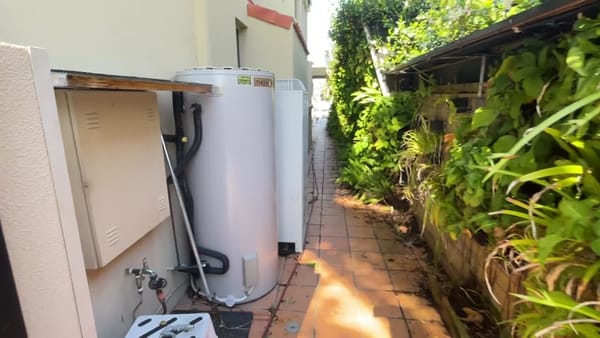When it comes to the discussion of gas or electric appliances there are a few things to consider.
Gas appliances are often more expensive upfront, but can be more energy-efficient and cost less in the long run. Electric appliances may require more maintenance due to their reliance on electricity, but also offer advantages such as being environmentally friendly.
In this article, we will discuss various things to consider before choosing appliances for your new home.
Choosing the Right Appliances for Your Home
One important consideration when deciding between gas or electric appliances is which type of appliance best meets your needs in terms of size and efficiency.
Gas vs Electric Efficiency & Cost Analysis
Both gas and electric have varying levels of efficiency when heating water or cooking food; natural gas typically has higher efficiency than electric options.
Also, when considering electricity vs natural gas costs for heating applications like stoves and hot water tanks; natural gas tends to be cheaper for most households over time.
Natural gas appliances can also require higher upfront costs since additional installation components must be purchased unlike fully functioning electricity-only options which require little installation beyond plugging in the appliance into an electrical outlet source.
Environmental Analysis
These days, what’s good for the planet matters just as much as what’s good for our wallets, so it’s worth factoring environmental impact into the decision when weighing up gas versus electric home appliances.
Natural gas emits 50% less carbon dioxide than coal burning operations which is why it's often cited as one of the cleanest forms of fossil fuel based on its chemical composition; however natural gas still emits some level of Carbon Dioxide post combustion thus making Electric option more favourable in terms environmental impact.
Residential Solar Energy Production has improved tremendously over recent years providing home owners an even cleaner energy production alternative than using grid sourced electricity from local power plants.
The increased availability & affordability of residential solar systems now makes them possible additions to homes wanting true zero emissions from their appliance installations.
Solar energy also provides a way to reduce the peak electrical demand of your home which means you can significantly reduce your power bill.
Conclusion
When deciding between gas and electric appliances, take the time to weigh up all the factors—total cost, efficiency, and environmental impact—before making your purchase.

















Member discussion